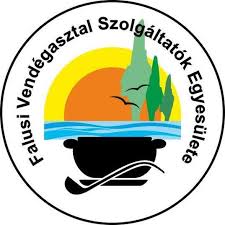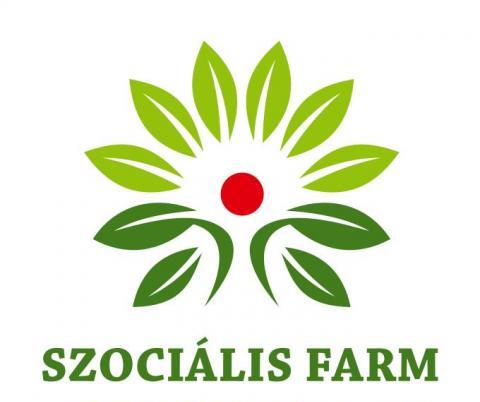
Spatial differences and their changes in the relocalisation of food production in Hungary at the beginning of the 21st century
Renáta INZSÖL: PhD student, István Széchenyi Doctoral School, Alexandre Lámfalussy Faculty of Economics, University of Sopron; Erzsébet u. 9., H-9400, Sopron, Hungary;
inzsol.renata.orsolya@phd.uni-sopron.hu; https://orcid.org/0000-0002-0903-1271
KEYWORDS: short food supply chain; local food system; rural development
ABSTRACT: The valorisation of local food production has gained momentum both in the European Union and Hungary over the past decade. The Common Agricultural Policy treats the shortening of the food supply chain and the reduction of distance between producers and consumers as a special goal. The paper tries to provide a tool for the most e?cient spatial distribution of available rural development sources, which also considers the spatial characteristics of food production. The Index of Food Relocalization adapted at the beginning of the 2014-2020 EU programming period and de?ned for Hungarian conditions served this purpose. The index originally consisted of two main parts: a producer sub-Index and a marketing sub-Index, from which only the producer sub-Index was elaborated in the Hungarian context.
Tér és Társadalom 35. évf., 1. szám, 2021















